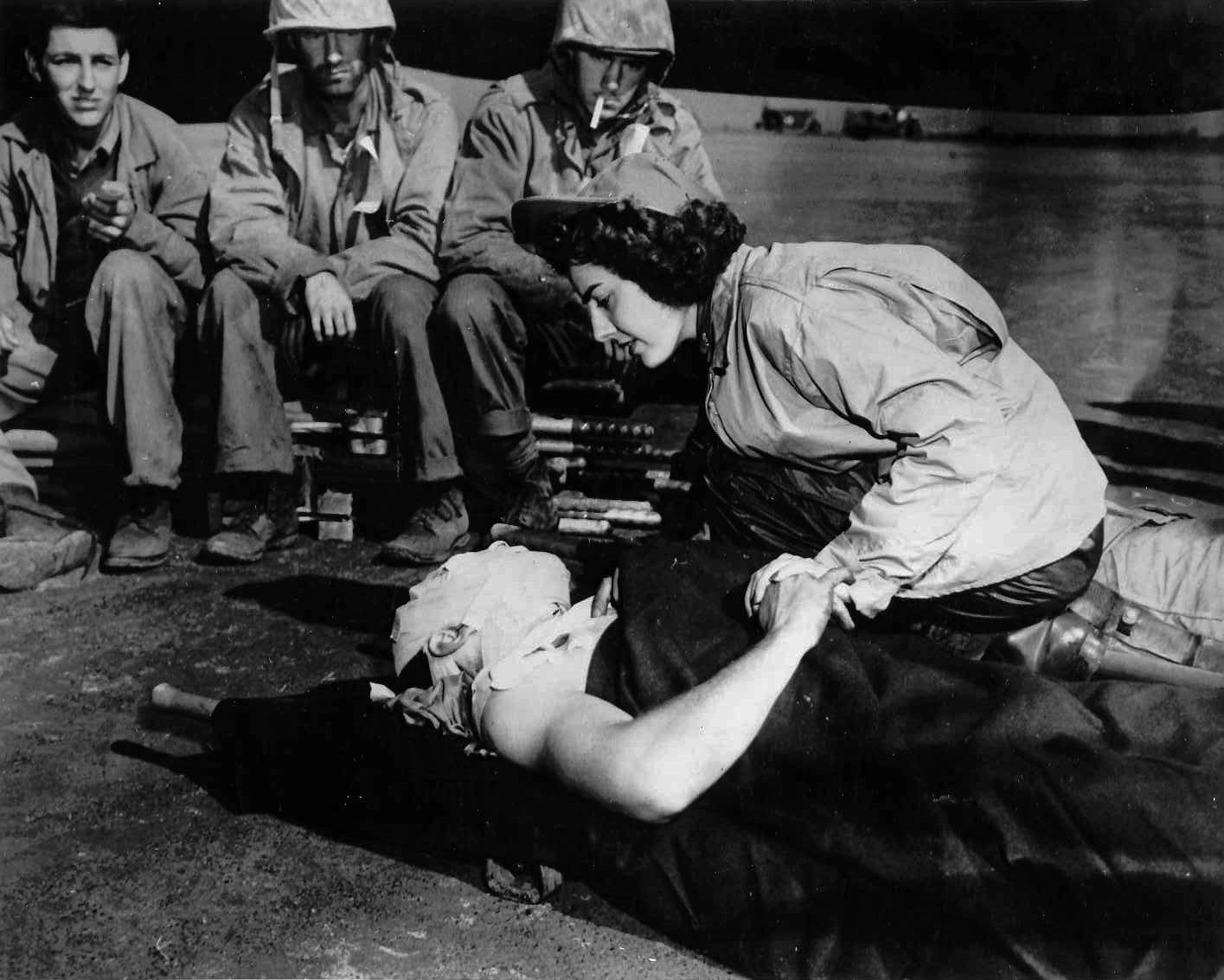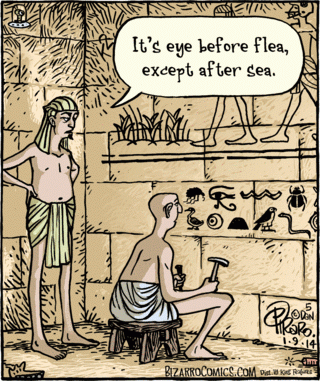There was once a time where mythical creatures such as leprechauns, ghosts, elves, goblins, and just about any thing you could think of lived among men. In the defense of man was the wizards of each town. Anytime a creature decided to play a trick on a human, a man or woman could visit a wizard for advice on how to settle the situation. Now there was also a region called Treveglwys where interactions between man and creatures was especially prevalent. One of the better known tales pertains to when the goblins curiosity was sparked on what it would be like to raise a human child.
In Trevglwys there was a maiden, and her merchant husband, who had a beautiful set of twins. The mother loved her twins tenderly, but she also obligated herself to her neighbors in sickly times. When she received calls it was normally in the afternoons after the merchant had returned home. One day, though, there was an emergency at the home of a neighbor over the hill. It was early afternoon, and the merchant had not yet returned, but the messenger insisted that this was a fatal situation. The maiden checked on her twins, who were fast asleep, and decided that she would make an exception this one time. She hurried to her neighbor's not realizing that the messenger did not return with her. On the way home she noticed a small creature crossing the road in the blue coat similar to what the messenger had on. This struck a little odd to the maiden, who soon remembered her twins, and she hastened her pace home. When she arrived home, her twins appeared to have just woken up from their nap and she was relieved.
A few weeks passed, and the the merchant and his wife began to become suspicious of their children. There were times, while the maiden was in the next room, that she would begin to hear conversation when it was only her and the babies at home. After being fed and cared for the twins would become uninterested in her, and this was last bit of peculiar behavior persuaded her to visit the town wizard.
She arrived to the wizard's home and pleaded her case. He reminded her that the harvest of rye and oats was near. He directed that before the reapers were to visit her home, that she must make a small amount of porridge and place it in an eggshell. She was to act as if this was her food donation, and that if the children begin speaking nonsense they were not her own. She was to then take them to Lake Ebyr and throw them into the water. If they do not speak at all, like infants should, then they are her children and not to do them harm.
Within the next few days, the day of the reap came. The maiden followed the wizards instructions and made some porridge in a hen's eggshell. Once it was finished she walked to the door of her home as if to greet the men. She stood for a second at the door when one child exclaimed:


(Source)
"Acorn before oak I knew,
An egg before a hen,
But I never heard of an eggshell brew
A dinner for harvest men."
The startled maiden gathered the children, ran to Lake Ebyr, and threw them into the water. Creatures with blue coats immediately appeared out of the forest, and saved their goblin babes. They decided they did not want to keep all four infants, and returned the human twins to their mother. After this, everyone lived happily ever after.
Author's Note:
This story was one of my favorite tales from the Celtic Fairytales unit. I added a lot of elements to the story, especially in the beginning, because the original text didn't explain the presence of the goblins. Towards the end of the tale I began to stick closer to the original tale. I initially thought about having the goblins explain why they took the twins, to their mother, but in the end I decided to omit it and have the reader come up with their own reasons.
Book title: Celtic Fairytales
Author: Joseph Jacobs
Year Published: 1892
Web Source: Sacred Texts










